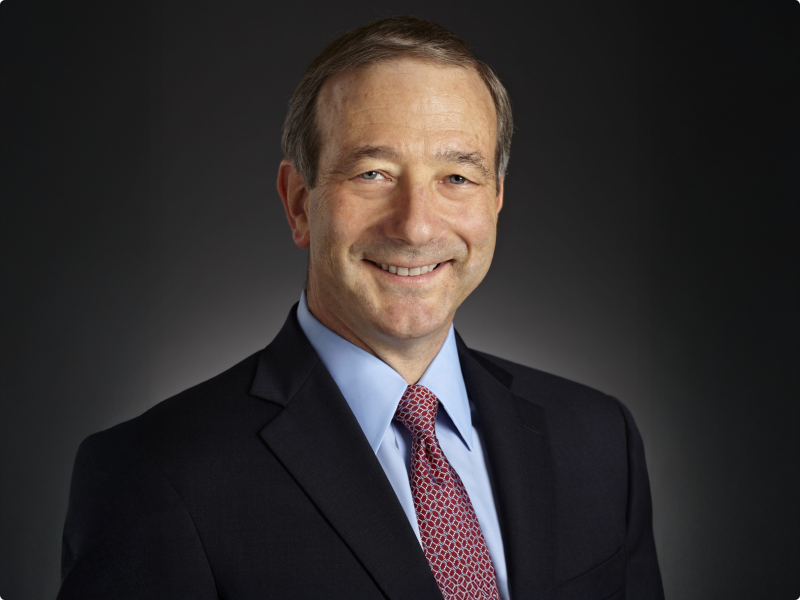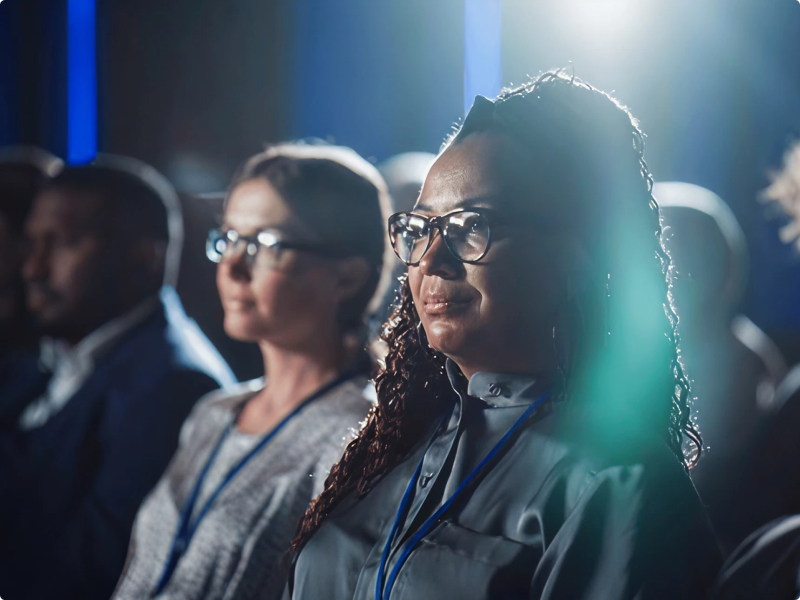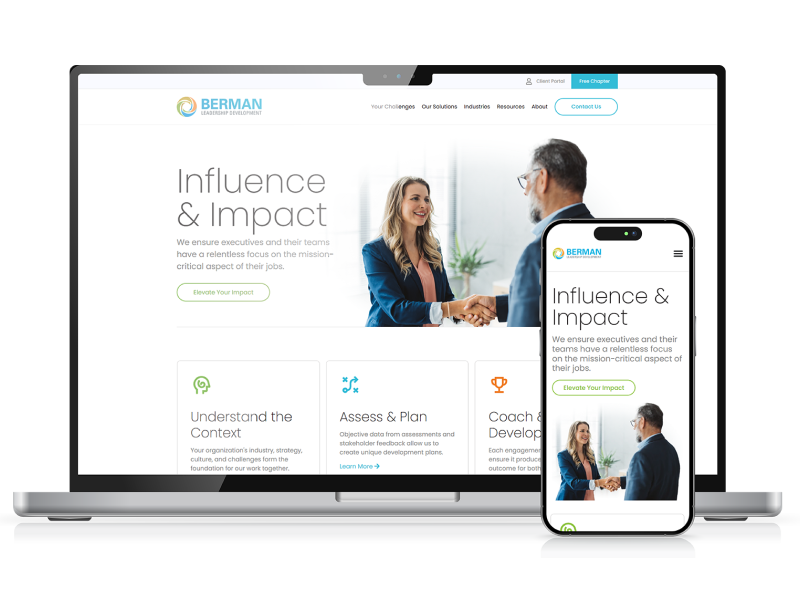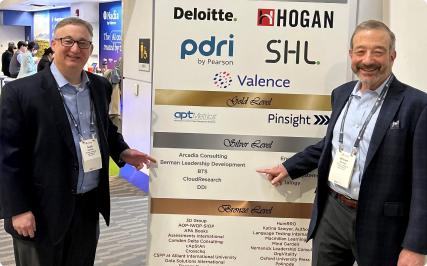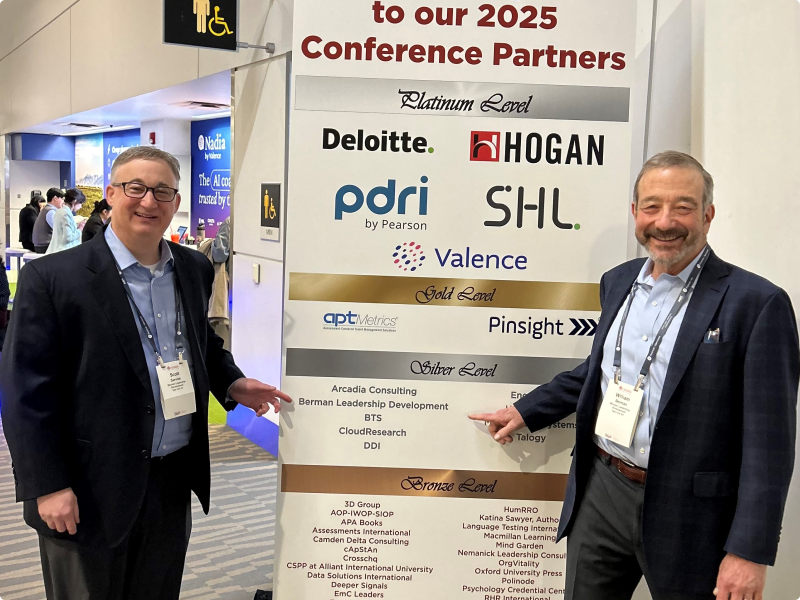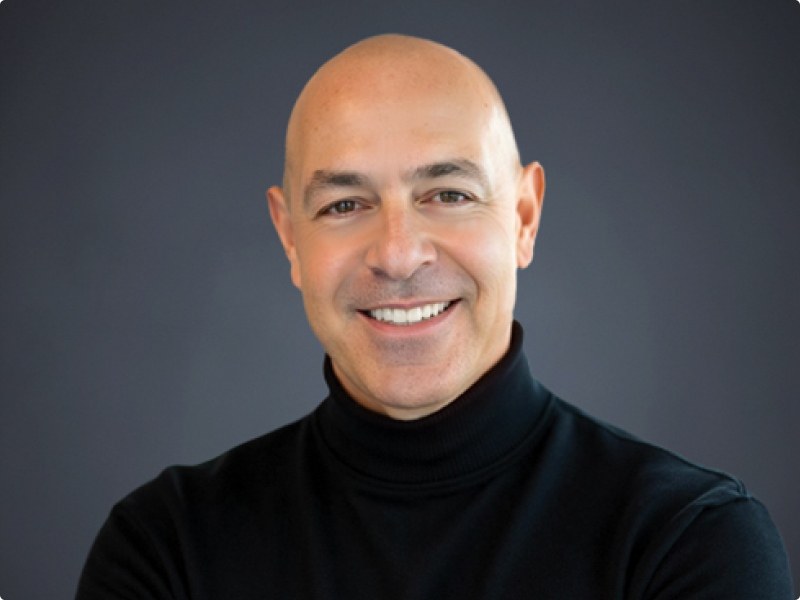
Belonging Is Not a Buzzword—It’s a Mindset Shift
The term belonging has gained traction across workplaces in recent years, often positioned as the “B” in DEIB. At first glance, belonging feels warm and inclusive—a counterbalance to the complexity and tension that DEI conversations sometimes carry.
But belonging is more than a feel-good concept. Done right, it fundamentally shifts the lens from groups to individuals.
Where traditional diversity efforts might ask, “Do we have enough representation from X group?”, belonging asks, “Does each person feel seen, heard, and valued here?”
This distinction matters. Because while group-based representation is measurable, it doesn’t guarantee the daily experience of inclusion. People may be “at the table,” but still feel invisible or isolated. Belonging addresses that gap.
The Risk of Dilution—and the Need for Nuance
Of course, there’s a reason many DEI professionals are wary of this shift. Belonging, they argue, can be co-opted as a softer, less political alternative to hard conversations about power, history, and systemic barriers. When belonging is treated as a way to make everyone feel good, it risks glossing over the very real struggles that marginalized groups continue to face.
They’re not wrong.
For Chief HR Officers, this presents a nuanced leadership challenge: How do we embrace belonging as a universal human need without erasing the specific, often painful realities of people who have been excluded?
The answer lies in the both/and.
We must hold space for the individual and the systemic. We must build cultures where everyone feels they belong—and acknowledge that some people have to fight harder to get there. Belonging isn’t a replacement for diversity; it’s the outcome we reach when inclusion is real, when safety is felt, and when opportunity is accessible to all.
Moving Beyond the Affinity Group Model
Many organizations have leaned heavily on affinity groups (also known as employee resource groups or ERGs) as their primary DEI structure. These groups have provided valuable space for connection, identity, and advocacy. They have offered support and voice where it was previously missing.
But they are not, by themselves, a DEI strategy.
Affinity groups can also reinforce silos, foster a sense of “us vs. them,” or limit interaction across lines of difference. And they can unintentionally convey that responsibility for inclusion rests with the marginalized—rather than with leadership.
That’s why we’re seeing a shift toward more integrated approaches—ones that make inclusion a shared leadership responsibility and a core cultural competency. The goal is not to abandon affinity groups, but to supplement them with deeper organizational practices that build belonging into the way we lead, manage, and make decisions.
The Psychology of Belonging: Why It Matters for Performance
At Berman Leadership, we work with executives every day who are navigating high-stakes leadership in complex, fast-changing environments. The ones who create lasting impact tend to have something in common: they understand the emotional realities of the people they lead.
Belonging is one of those realities. And it’s not just about morale—it’s about performance.
Research has shown that when employees feel a strong sense of belonging:
- They are 56% more productive
- They take 75% fewer sick days
- They experience a 50% drop in turnover risk
Psychological safety—the shared belief that it’s safe to take interpersonal risks—underpins this. When people feel safe, they speak up. They innovate. They push boundaries. That’s the cultural multiplier effect of belonging.
For HR leaders, this creates a compelling case: belonging isn’t a social agenda. It’s a business strategy.
Operationalizing Belonging Without Losing Rigor
So how do you build belonging into the fabric of your organization without diluting your DEI commitments?
Start with these four principles:
- Understand individual identity without assuming it defines experience.
Representation matters. But demographics only tell part of the story. Encourage managers to get to know the personal context, career aspirations, and lived experiences of each team member—not just their “group” identity.
- Shift DEI from compliance to culture.
Policies and training are foundational, but belonging happens in the micro-moments—team meetings, feedback conversations, decision-making norms. Invest in leadership development that embeds inclusion into how people lead every day.
- Measure experiences, not just demographics.
It’s not enough to track representation. Ask: Do people feel safe? Do they feel heard? Do they trust their manager? Do they see a path for growth? Pulse surveys, stay interviews, and qualitative feedback can give insight into what belonging actually looks like.
- Make belonging a leadership expectation.
Hold managers and leaders accountable for creating inclusive environments. Recognize and reward those who build strong, equitable teams. Inclusion can’t be a side project—it must be a leadership standard.
What This Looks Like in Practice
Here are three examples of companies we’ve seen leaning into this individual-first, belonging-focused approach:
A technology firm with a hybrid workforce rewrote its performance management approach to emphasize values-based leadership. Rather than relying solely on KPIs, it now evaluates managers on how well they foster trust, collaboration, and belonging—especially across remote teams.
A healthcare system serving multilingual communities trained every people manager on active listening and trauma-informed supervision. The result? Higher patient satisfaction, lower nurse turnover, and a deeper sense of mission among staff.
A professional services firm began embedding DEI criteria into its project staffing decisions—not just to balance representation, but to ensure diverse voices had influence in visible, career-defining work.
In each case, the move from “what group do you belong to?” to “how do you experience belonging here?” unlocked deeper insight—and better outcomes.
Belonging as a Leadership Imperative
Belonging isn’t about comfort. It’s about commitment. It’s about saying: we see you, we value you, and we’re investing in your potential—not just your productivity.
That message resonates with everyone. But it matters most to the people who haven’t always felt it.
As a Chief HR Officer, your role is to steward this evolution. To move beyond checklists and categories. To build a culture where diversity isn’t just tolerated—it’s activated. Where identity is honored, but not assumed. And where belonging is not a buzzword, but a practice.
It’s time to expand the frame.
Let’s Talk
At Berman Leadership, we partner with HR and executive leaders to build psychologically safe, inclusive cultures rooted in high performance. If you’re rethinking how your organization approaches belonging and leadership, we’d love to start a conversation.
Let’s make inclusion personal—and powerful.






